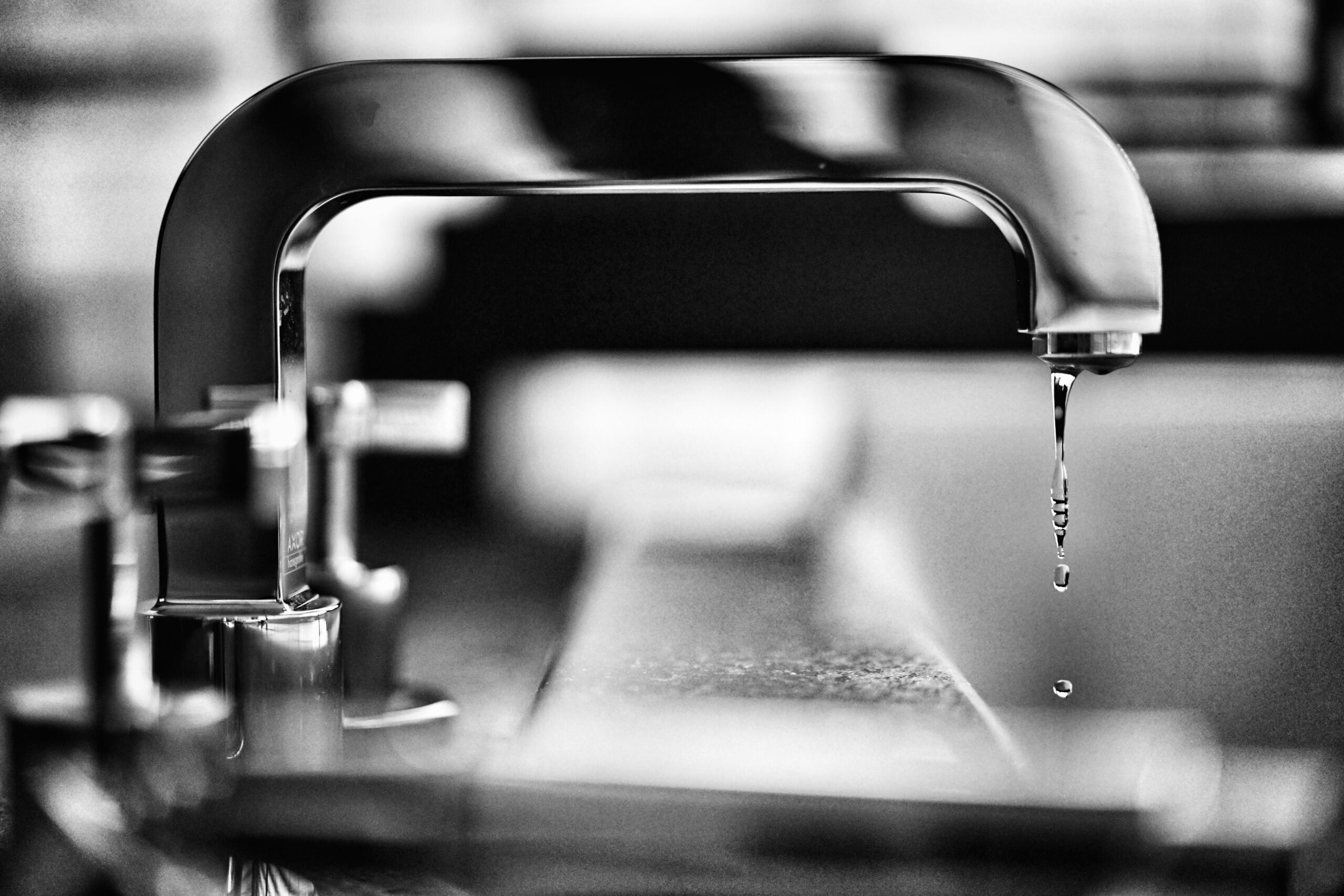
Even the most common plumbing problems are common in households and can be a major inconvenience, disrupting your daily routine. As a homeowner, it’s vital to understand some of these issues you’re likely to encounter and how to prevent them.
This comprehensive guide will delve into these common plumbing problems, why they occur, and suggest preventive measures to help you avoid the hassle of frequent repairs.
1. Dripping Faucets and Leaky Fixtures: Saving Water and Money
Why this Happens
One of the most common plumbing problems homeowners encounter is dripping faucets and leaky fixtures. This is often due to worn-out components within the faucet or fixture, such as the washer, which can deteriorate over time due to constant friction.
Impact on Finances and Environment
Dripping faucets and leaky fixtures can lead to a significant waste of water, which not only increases your water bill but also has a detrimental impact on the environment. In fact, a leak that drips twice a minute can waste more than a gallon of water a week.
Solutions and Preventive Measures
To fix a dripping faucet, you can often replace the worn-out washer. However, in some cases, you might need to replace the entire faucet or fixture. Regularly checking for leaks and addressing them promptly can help prevent water wastage and reduce your water bill. For complex issues, it’s advisable to call a professional plumber.
2. Clogged Drains: Preventing Blockages Before They Happen
Common Causes
Clogged drains are another common plumbing problem. Accumulated hair, grease, food particles, and other debris in the drain pipes often cause blockages. Over time, these materials can build up, reducing the water flow and eventually leading to a clog.
Preventive Measures
To prevent drain clogs or blocked drains, you should avoid disposing of grease, hair, and other debris down the drain. Regular drain cleaning can also help keep your drains clear. This can be achieved using a simple plunger, a plumber’s snake, or a hand auger. For stubborn clogs, a high-pressure water jet can be used.
3. A Running Toilet: The Silent Water Waster
Why Toilets Run
A running toilet is a common plumbing problem that can waste a significant amount of water. This usually happens when the flapper valve that lets water pass from the tank to the toilet bowl no longer fits properly, the float is imbalanced, or the fill tube comes loose. Toilet leaks can often be silent, making them difficult to detect.
Measures to Fix
To fix a running toilet, you can often just adjust the float to ensure the fill valve shuts off when the tank is full. If this doesn’t work, you might need to replace the flapper valve or fill tube.
It’s recommended to call a professional plumber for complex issues, especially if you’re dealing with a clogged toilet. In these cases, professional chemical drain cleaners and equipment may be needed to flush out the sewer system effectively.
4. Water Heater Woes: Ensuring Hot Water Reliability
Common Water Heater Issues
Water heaters can experience issues that range from insufficient heating and strange noises to leaky pipes. These problems can occur for various reasons, including a faulty thermostat, a broken heating element, sediment buildup in the tank, or a leak in the tank itself.
Preventive Maintenance
Regular water heater maintenance can help prevent many of these issues. This includes periodically draining the tank to remove sediment, checking the pressure relief valve, and inspecting the anode rod. If you’re uncomfortable performing these tasks, calling a plumber is recommended to ensure your water heater runs efficiently.
5. Pipe Leaks: Detecting and Preventing Costly Damage
Types of Pipe Leaks
Leaky pipes can occur in various forms, from pinhole leaks in your pipes to major bursts. These instances can cause significant water damage to your home and lead to costly repairs and a potential plumbing emergency, even if it’s just a shower leak.
Detecting and Preventing Leaks
Regular plumbing system inspections can help detect leaks early and prevent major damage to areas like your shower drain, or overall water supply. This includes checking for signs of moisture or mould, monitoring your water bill for sudden increases, and using leak detection tools. Regular maintenance can also prevent pipe leaks, such as insulating pipes to prevent freezing and bursts.
Final Note
Awareness of common plumbing problems and taking active steps to prevent them can save you a lot of trouble and money in the long run. Though some issues can be addressed with DIY fixes, others might require professional help.
If you’re dealing with any of these issues below, we highly recommend contacting our professional plumbers now to solve the issue properly:
- Low water pressure
- Sinks not draining properly
- Blocked pipes
- Running toilets
- Build-up of mineral deposits
- System is wasting water
- Pilot light on your hot water system is out
- You suspect a gas leak
- You have no hot water
- You have no hot or cold water
- Jammed garbage disposal.
Book a chat with our experts now.



























































